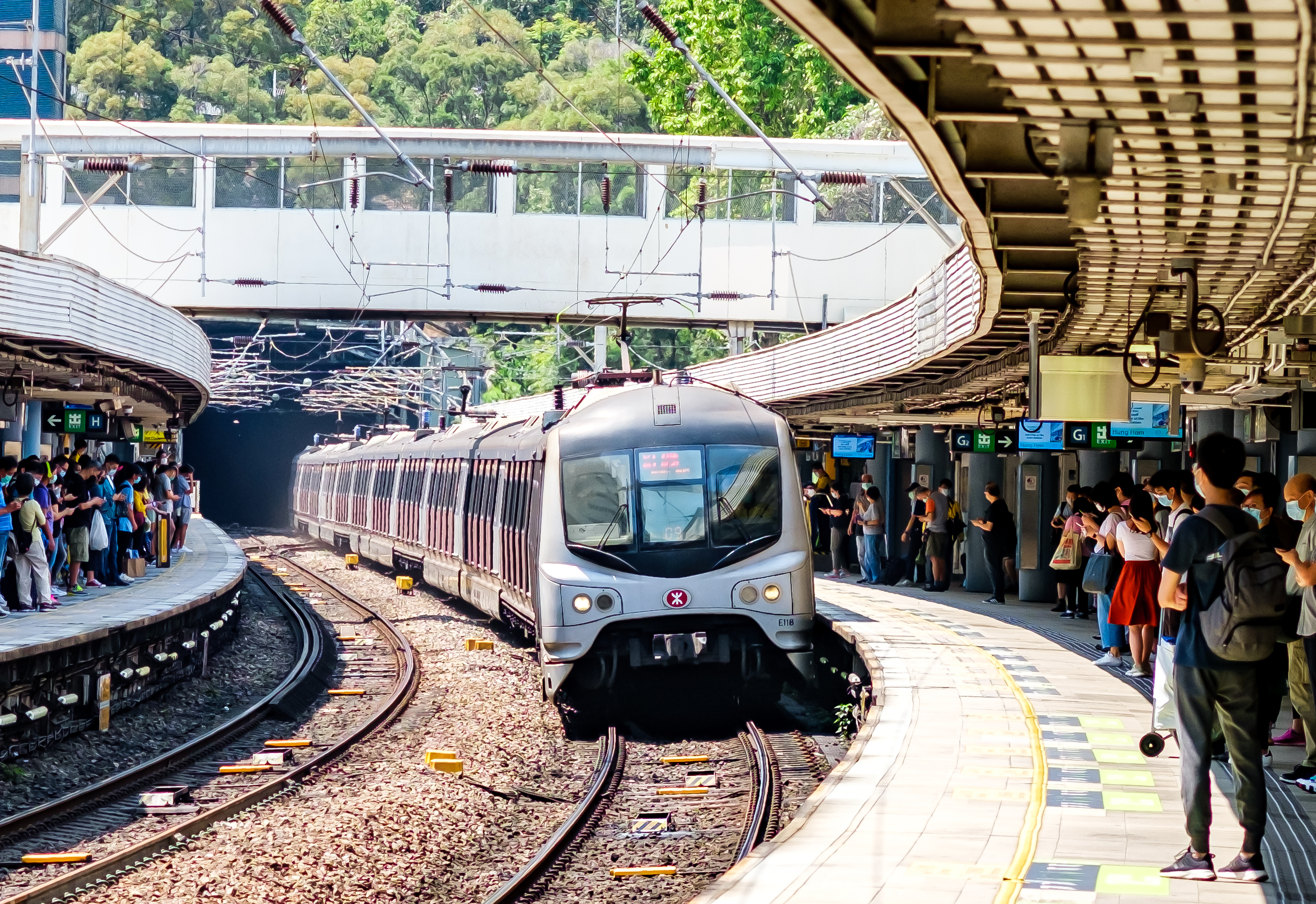News roundup: Hong Kong MTR fares to increase by 3 percent, plus more stories

For PropertyGuru’s real estate news roundup, Hong Kong MTR fares to increase by 3 percent. In other updates, foreign companies are moving their manufacturing facilities out of China as trade tensions continue to simmer between Beijing and Washington, while the Philippines and Qatar on Monday signed a memorandum of understanding strengthening the two nations’ growth in tourism and business events.
Hong Kong MTR fares to rise by 3 percent, as city’s gov’t-controlled rail firm logs HKD7.8 billion profit
Hong Kong’s only train services provider, the MTR Corporation (MTRC), announced the hike on 26th March under a rate adjustment mechanism that takes into account the conglomerate’s property development profits.
HKFP reports that the government-controlled firm said the increase had considered public affordability as the fare adjustment was capped at 3.09 percent, the equivalent to the change in median monthly household income in 2023.
According to its fare adjustment mechanism, the price hike could have been up to 5.05 percent this year, which triggered the mechanism’s “affordability cap” arrangement. The remaining 1.96 percent increase is expected to be deferred to next year.
“The ‘Affordability Cap’ arrangement has taken its effect this year in striking a balance between public affordability and the Corporation’s needs to maintain, upgrade, and renew the railway system,” Managing Director of Hong Kong Transport Services Jeny Yeung said in a press release.
Earlier in March, the firm said annual net profit had fallen more than 20 percent to HKD7.8 billion last year owing to a drop in the value of its property investments. Total revenue, however, rose 19.2 percent to HKD57 billion.
More foreign companies moving manufacturing facilities from China to Malaysia amid trade tensions
As trade tensions continue to simmer between Beijing and Washington, foreign companies are moving their manufacturing facilities out of China in a bid to establish production hubs in other nations.
This strategy – known as China Plus One, where companies diversify their business outside of China – has greatly benefited Malaysia, which has grown to become the sixth-largest exporter of semiconductors in the world. It has had a 50-year head start in the sector since Intel set up its first international manufacturing plant in the northern state of Penang. The United States chip giant is also building another factory in Penang, which will become the company’s first overseas facility for advanced 3D chip packaging.
With many semiconductor and electric vehicle companies relocating to Southeast Asia to bypass trade restrictions and strengthen their supply chains, Malaysia is in a particularly sweet spot. Its existing ecosystem – particularly in Penang and adjacent Kulim in the state of Kedah – is a magnet for technology companies seeking to de-risk amid intense rivalries between the US and China over cutting-edge technologies.
Property consultant Samuel Tan, executive director of KGV International Property Consultants, told CNA: “We are friendly to both China and the US.
Philippines forges expanded tourism ties with Qatar
The Philippines and Qatar on Monday signed a memorandum of understanding (MOU) strengthening the two nations’ growth in tourism and business events.
According to PNA, Tourism Secretary Christina Frasco and State Minister for Foreign Affairs H.E. Soltan bin Saad Al-Muraikhi signed the MOU before President Ferdinand R. Marcos Jr. and Qatar Amir Sheikh Tamim bin Hamad Al-Thani at the Malacañang Palace. The MOU is one of the agreements exchanged during Qatar Amir’s state visit to the country.
Frasco defined the move as a “wealth of opportunities for growth as both countries explore new avenues for collaboration”.
“Under the Marcos administration, we are reintroducing the Philippines to the world on the strength of our Filipino culture, heritage, and identity, and we view our partnership with Qatar as being an important part of this movement,” she added.
Under the MOU, the Philippines and Qatar will work toward encouraging tourist flows into each country.
The Property Report editors wrote this article. For more information, email: [email protected].
Recommended
6 green real estate projects reshaping Asia’s future
Developers are being incentivised to push a green agenda into daring new realms
ARES White Paper Volume 3: The era of adaptive reinvention
Pioneering sustainable and innovative practices in urban development
ARES White Paper Volume 2: Unravelling the power of data revolution in real estate
Insights on proptech, smart cities, and sustainable development
ARES Digital White Paper Volume 1: The fundamentals of responsible building
Green and climate heroes join forces to discuss how Asia Pacific can weather the current environmental crises and the looming effects of climate change






